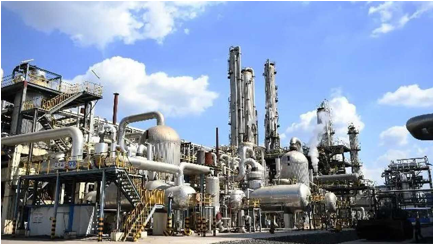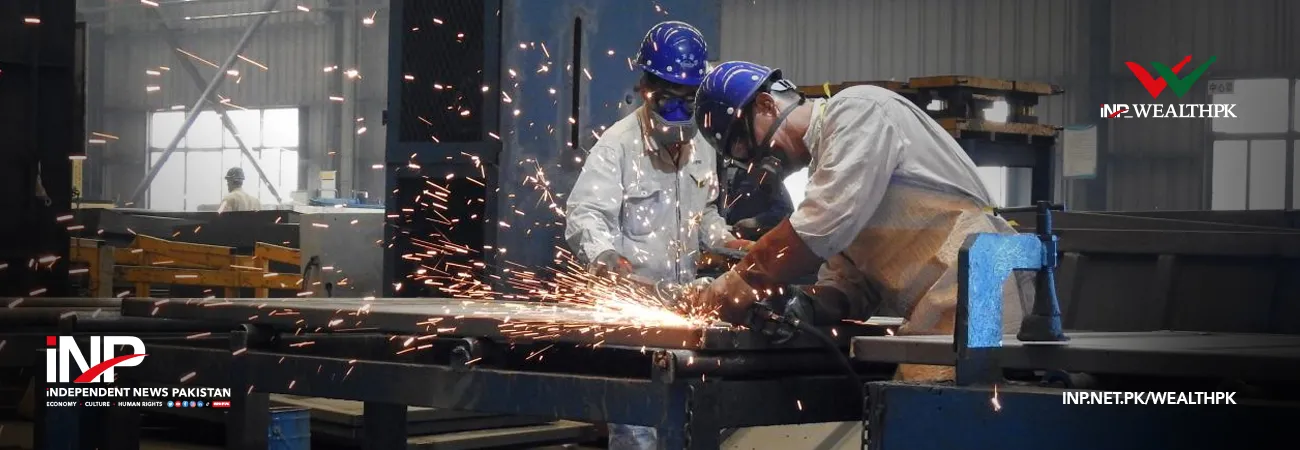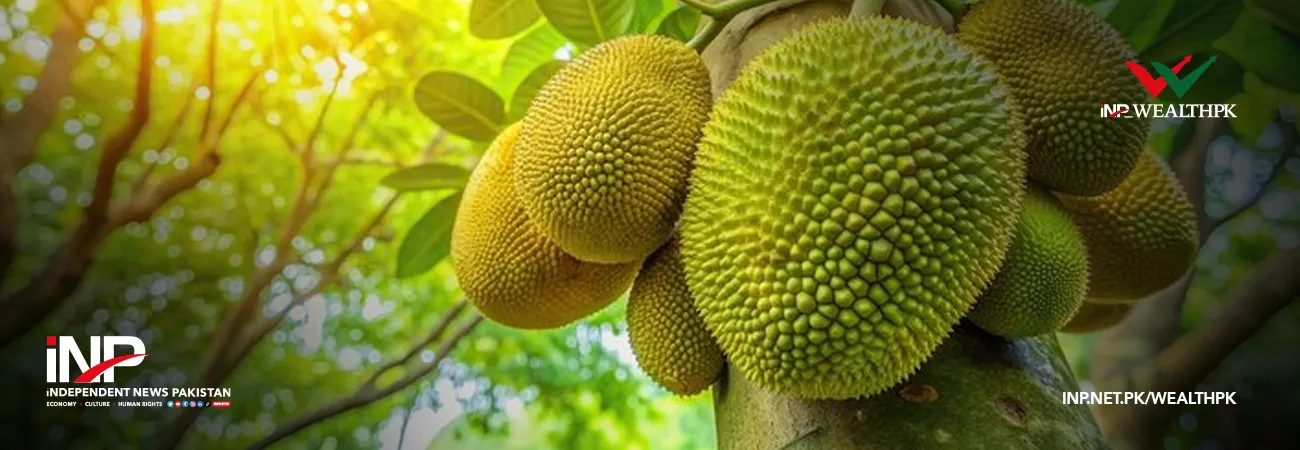INP-WealthPk
Arooj Zulfiqar
Rising production costs and global competition are pressing Pakistan's industrial sector to adopt cost-effective strategies to enhance productivity and secure a stronger position in the international markets, reports WealthPK.

“Pakistan’s industrial sector, a vital contributor to the country’s economic growth, faces mounting challenges as the global competition intensifies. Rising production costs, limited access to the advanced technology, and energy inefficiencies have left the industries grappling to maintain their competitiveness in the international markets,” Dr. Sajid Amin, eminent economist and Deputy Executive Director at the Sustainable Development Policy Institute (SDPI), told WealthPK.
“Effective cost management has emerged as a crucial strategy for reinvigorating industrial productivity and positioning Pakistan’s manufacturing sector as a global contender. It involves identifying, analyzing, and controlling expenses to optimize resource allocation and maximize profitability. For industries in Pakistan, adopting cost-efficient practices is not merely a choice but a necessity,” he said. “The cost of raw materials in Pakistan has surged due to supply chain disruptions, import dependencies, and local market inefficiencies.
For example, the industries relying on imported materials, such as textiles and electronics, face steep price hikes, reducing the profit margins. Therefore, encouraging local sourcing, fostering industrial linkages, and promoting the development of indigenous materials can alleviate this burden while enhancing self-reliance,” he said. “The energy costs account for a substantial portion of industrial expenses. Pakistan’s industries, often reliant on outdated machinery and inefficient energy systems, struggle to optimize the energy use.
Investing in renewable energy solutions, upgrading to energy-efficient technologies, and implementing smart energy management systems can significantly reduce costs. Government incentives for energy-efficient practices could further accelerate this transition,” he said. “Technology adoption can play a transformative role in cost management. Digital tools such as Enterprise Resource Planning (ERP) systems, artificial intelligence, and data analytics enable businesses to monitor expenses in real-time, forecast financial trends, and optimize resource allocation.
These innovations can help the industries identify inefficiencies, improve decision-making, and reduce waste,” he explained. “For cost management strategies to succeed, supportive policies and capacity-building initiatives are essential. The government must focus on reducing bureaucratic hurdles, providing tax incentives for adopting cost-efficient technologies, and offering training programs to upskill the workforce. Such measures can create a conducive environment for industries to thrive,” he added.
Dr Sajid said the industrial sector had immense potential to drive economic growth, generate employment, and enhance export earnings. However, achieving this potential required a concerted effort to manage the costs effectively. By embracing cost-efficient practices, leveraging technology, and fostering an enabling policy environment, the industries can improve competitiveness and strengthen their position in the global market. Cost management is not just a solution to the immediate challenges; it is a pathway to sustainable growth and resilience in an increasingly complex economic landscape. For Pakistan’s industries, the time to act is now.
Credit: INP-WealthPk













